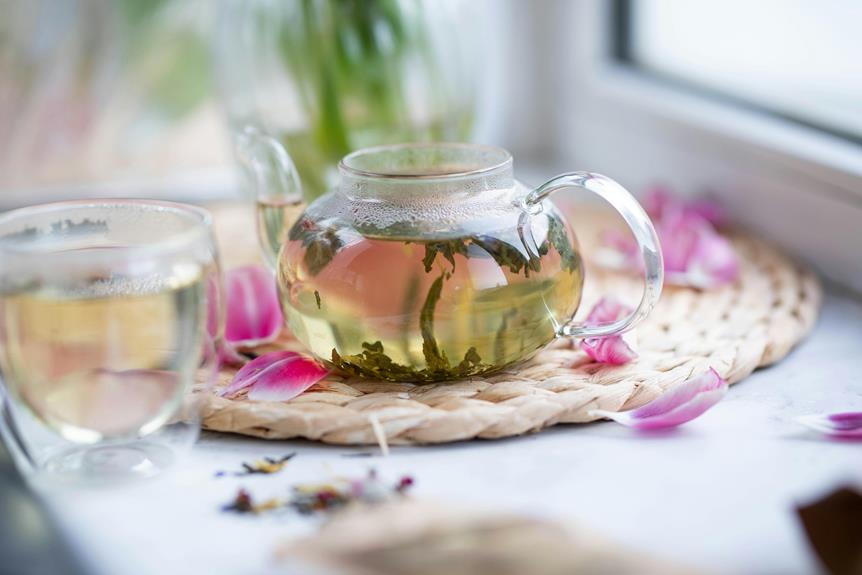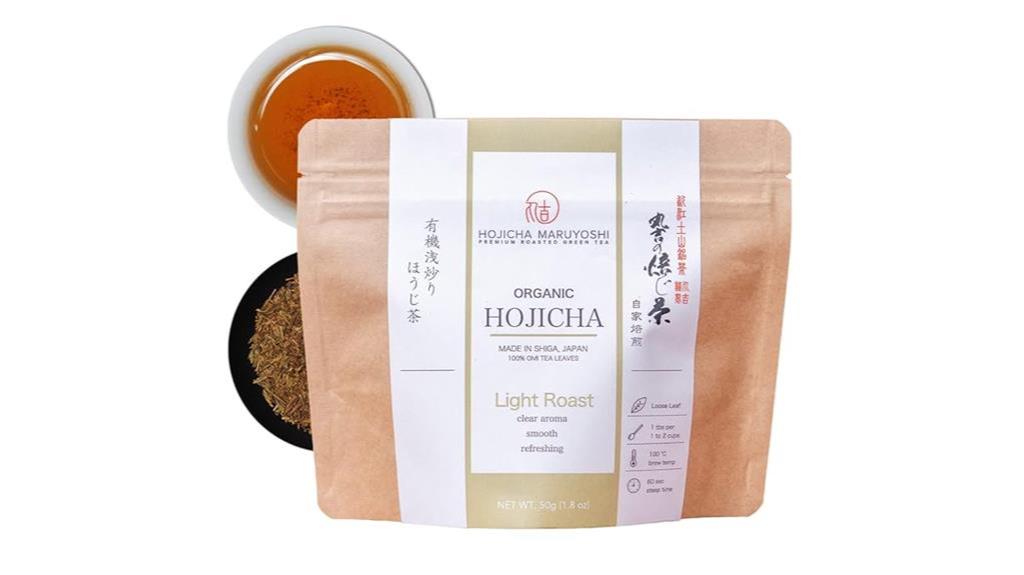The Great Tea Expiration Debate
Does loose leaf
Understanding Whether Loose Leaf Tea Expires: More Than Just a Date
Unlike packaged foods with clear expiration dates, loose leaf
Several factors influence how long loose leaf
How Long Does Loose Leaf Tea Really Last?
The shelf life of loose leaf
- Green
Tea : Known for its delicate flavors, greentea generally lasts between 6-8 months when stored optimally. - Black
Tea : With its robust character, blacktea can hold onto its quality for up to 18 months. - Oolong
Tea : This versatiletea falls between green and black, offering a shelf life of around 12-24 months. - White
Tea : Often prized for its subtle notes, whitetea can maintain freshness for up to 24 months. - Herbal Teas and Tisanes: While not technically true teas, these blends typically last around 12-24 months.
It’s important to note that these are estimates, and proper storage is essential to achieving these durations.
The Impact of Storage on Tea Freshness
The way you store your loose leaf
- Choose the Right Container: Opt for airtight containers made from ceramic, glass, or metal to shield your
tea from moisture, light, and odors. - Find the Perfect Spot: Store your
tea in a cool, dark place away from heat sources and strong-smelling substances. - Maintain Low Humidity: Use silica gel packets to absorb excess moisture in humid environments.
- Avoid Temperature Extremes: While refrigeration and freezing might seem tempting, they can actually harm your
tea ‘s quality.
By following these guidelines, you can create an optimal storage environment for your
Does Loose Leaf Tea Expire? Signs to Watch For
While
- Dull Aroma: Fresh
tea boasts a vibrant, inviting scent. If yourtea smells stale, musty, or lacks aroma altogether, it’s likely past its peak. - Color Changes: Discoloration or fading of the
tea leaves can indicate a decline in quality. - Off-Flavors: A bitter, stale, or otherwise unpleasant taste is a clear sign that your
tea has aged beyond its optimal point.
Trust your senses when assessing your
Extending the Life of Your Tea : Essential Tips
To maximize the enjoyment of your loose leaf
- Purchase in Smaller Quantities: Buying
tea in smaller amounts ensures freshness. - Proper Brewing: Follow brewing guidelines to extract the best flavors from your
tea . - Experiment with Aging: Some teas, like pu-erh, can benefit from aging, developing unique characteristics over time.
By incorporating these practices into your
Conclusion: Savor Every Sip
While loose leaf
Remember,






Konnichiwa! (Hello!) I'm Pat Tokuyama, a Japanese tofu cookbook author, who travels for music, food, and adventure. If you like Japanese tea, checkout some of the newestorganic japanese tea, matcha bowls and noren and more!
** Curious about the Plant Based Japanese Cooking Club? ** Learn more here!